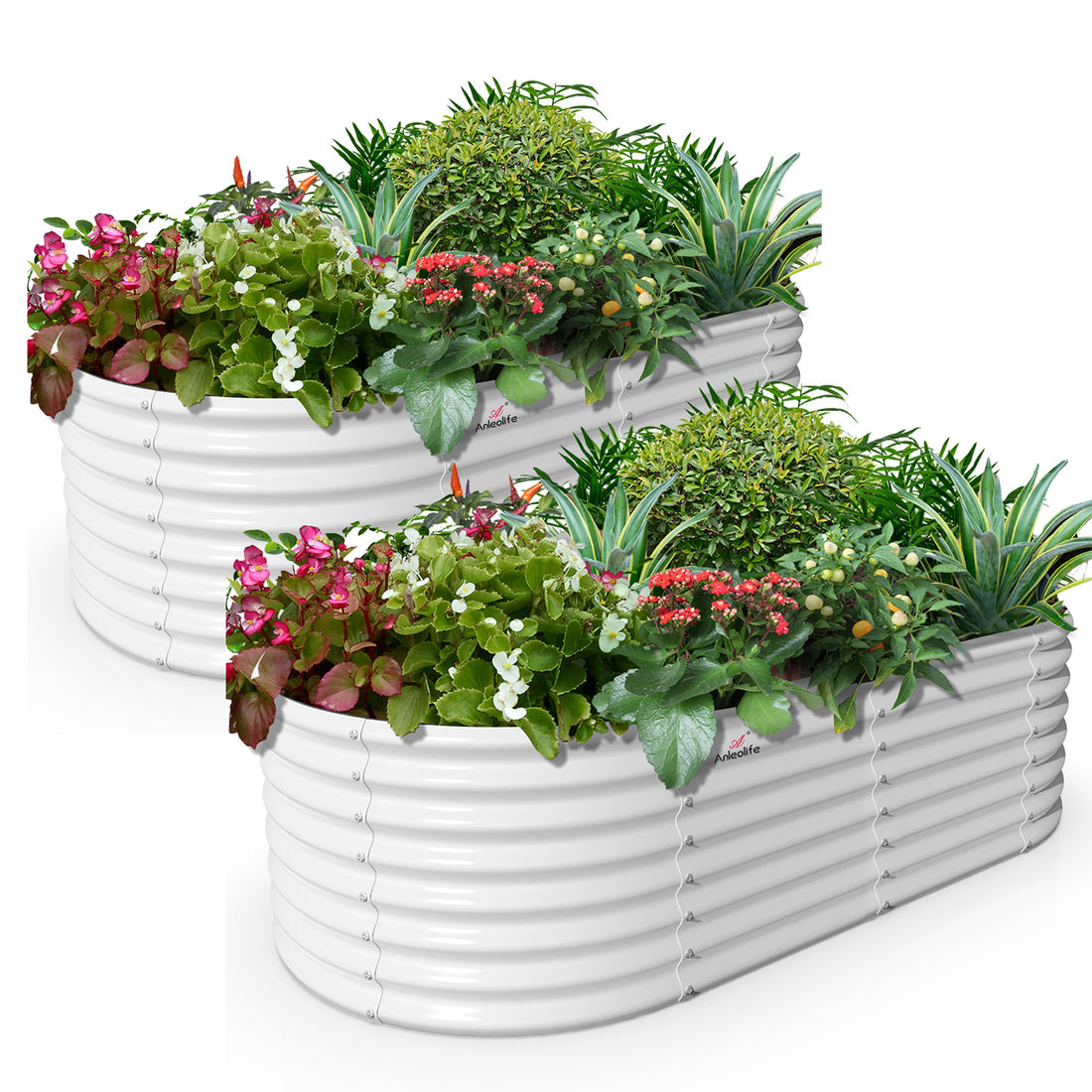Root vegetables are a staple in many diets around the world, offering both nutritional value and culinary versatility. Understanding the adept for root vegetables can significantly enhance your gardening success. This article delves into the essential practices that can help you cultivate these underground treasures effectively.

Understanding Root Vegetables
Root vegetables, such as carrots, potatoes, and beets, grow underground and store energy in their roots. Why are they so popular? Their ability to thrive in various soil types and climates makes them a favorite among gardeners. Additionally, they are rich in vitamins and minerals, contributing to a balanced diet.
Choosing the Right Varieties
When embarking on your journey to grow root vegetables, selecting the right varieties is crucial. Some popular options include:
- Carrots
- Beets
- Radishes
- Turnips
- Potatoes
Each of these vegetables has specific requirements regarding soil type, temperature, and spacing. For instance, carrots prefer loose, sandy soil, while potatoes thrive in well-drained, fertile ground.
Soil Preparation: A Key Element
The foundation of successful root vegetable cultivation lies in proper soil preparation. The soil should be well-aerated and rich in organic matter. Consider incorporating compost or well-rotted manure to enhance soil fertility. This practice not only improves nutrient availability but also promotes healthy root development.
"Healthy soil is the cornerstone of successful gardening." - Gardening Expert
Watering Techniques for Root Vegetables
Watering is another critical aspect of growing root vegetables. These plants require consistent moisture, especially during their early growth stages. However, overwatering can lead to root rot. A balanced approach is essential. If you notice the soil drying out, it may be time to water. Conversely, if the soil remains soggy, consider adjusting your watering schedule.
Pest and Disease Management
As with any gardening endeavor, pests and diseases can pose challenges. Implementing integrated pest management (IPM) strategies can help mitigate these risks. Regularly inspect your plants for signs of trouble, such as discoloration or wilting. If you encounter issues, consider using organic pesticides or companion planting to deter pests naturally.
Harvesting and Storing Root Vegetables
Knowing when to harvest is vital for maximizing flavor and nutritional content. Most root vegetables are ready for harvest when they reach their mature size. For example, carrots can be harvested when they are about 1 inch in diameter. After harvesting, proper storage is essential to maintain freshness. Store root vegetables in a cool, dark place to prolong their shelf life.
In conclusion, mastering the adept for root vegetables involves understanding their unique needs and implementing best practices in soil preparation, watering, pest management, and harvesting. By following these guidelines, you can enjoy a bountiful harvest of delicious and nutritious root vegetables.

For more insights, check out this informative video on growing root vegetables.